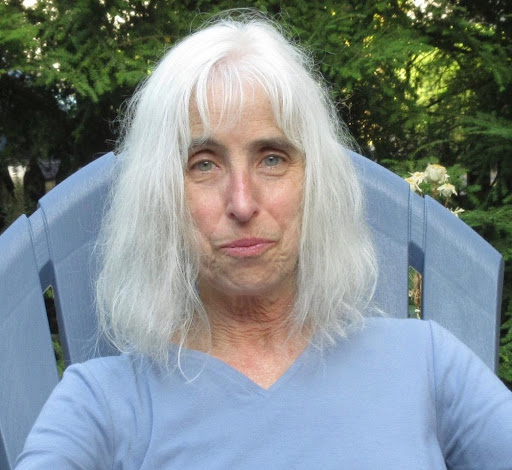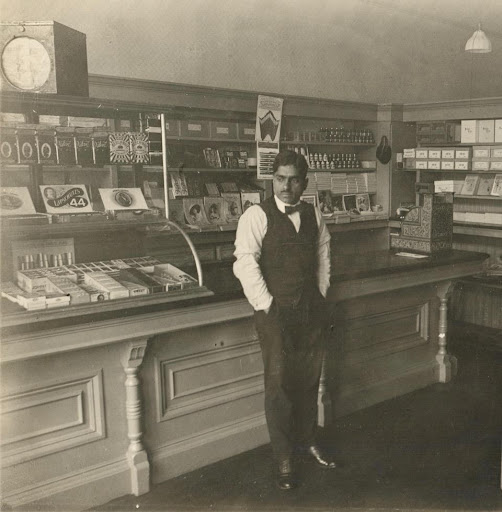Vaishno Das Bagai died March 17, 1928.
Dr. Thind made history fighting to be Aryan. He was also my husband’s godfather. Thind and his wife watched Robin, at four, while his mother was in labor; soon his sister’s head would crest between her legs.
United States v. Bhagat Singh Thind went all the way to the Supreme Court. The justices agreed that although Thind was technically a member of the Caucasian race, he was not “Caucasian” in the popular sense of the word, so thus deemed “not white.”
His citizenship was immediately revoked, and it became un-American for all South Asians, including Robin’s grandfather, Vaishno Das Bagai, to be naturalized or categorized as a “free white person.”
Vaishno’s right to carry an American passport or own Bagai’s Bazaar on Fillmore, which he had scrimped to establish, was dissolved like words on a wet piece of paper, and his reason to wear a three-piece suit, obliterated.
He booked a room in San Jose and wrote to his wife Kala, Well dear, I have to leave you, and turned on the gas.
I was raised with the phrase: “No Blacks, Jews or dogs allowed,” warning me that I shouldn’t get too comfortable. Robin and I are comfortable together. Our hands often find the other, and when we sleep at night, we spoon.

Willa Schneberg is a poet, essayist, visual artist, curator and psychotherapist in private practice. She has authored five poetry collections including: In The Margins of The World, recipient of the Oregon Book Award, and her latest volume, Rending the Garment, the life and times of one Jewish family.
Photo credit: Robin Bagai
